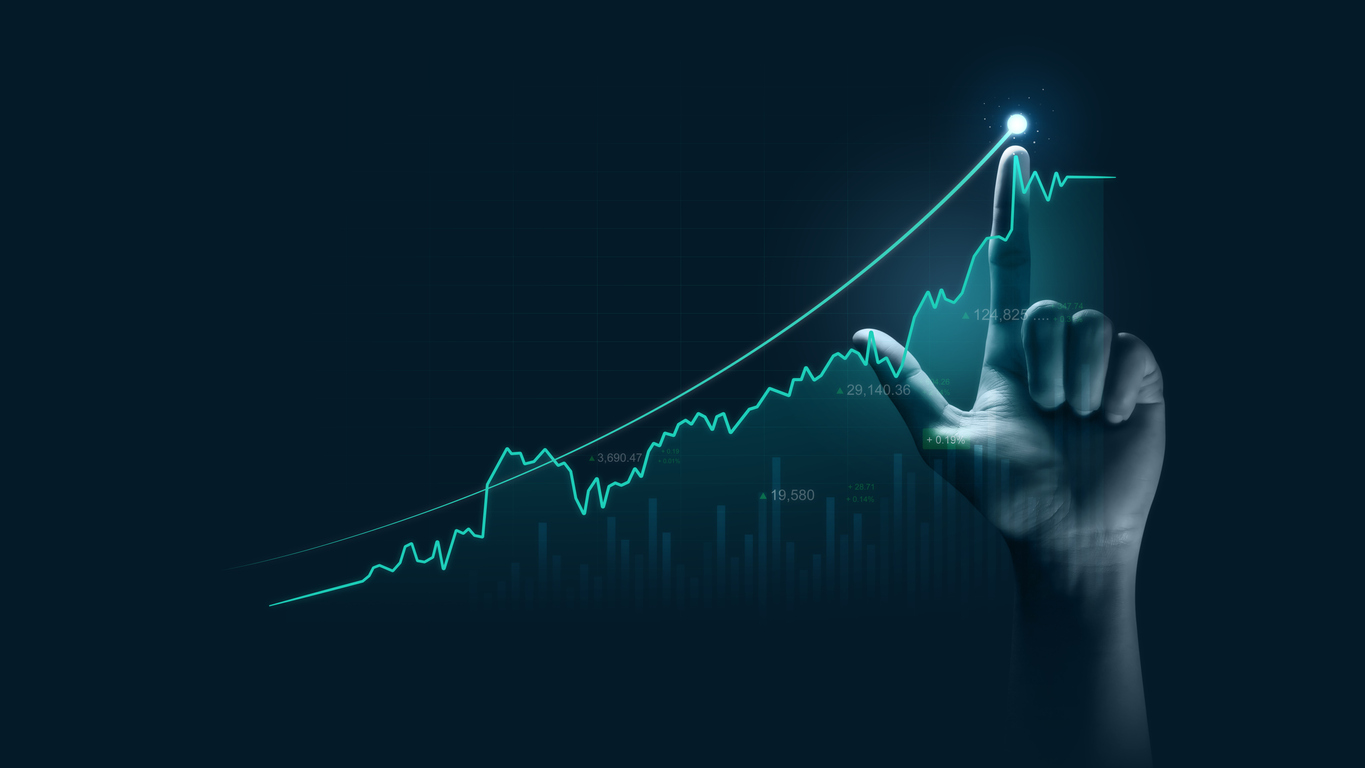[ad_1]
This article is reserved for our members
“The sea is harsh. And the work is also harsh if the wholesalers eat it all up.” So said the narrator of La Terra Trema, in 1948. Luchino Visconti’s film recounted the injustice experienced by the fishermen of a small village near Catania in Sicily. They were struggling to feed their families because the price of freshly caught fish was kept low by the wholesalers.
Seventy-five years later, the economic dynamics of today’s global village have become more complex still. Fishing has industrialised, and better scientific understanding of its impact in the Mediterranean has set alarm bells ringing. The sea remains a harsh place for many small-scale fishermen in the 22 countries bordering the Mediterranean. But they are not the only ones suffering. The marine ecosystem is too, since its fish stocks are mostly overexploited.
In Mazara del Vallo, in August 2022, captain and ship-owner Mimmo Asaro was venting about the situation of Mazara’s prawn fishermen, whose fleet of trawlers has shrunk dramatically in recent years.”‘If EU laws don’t kill us, we are still intent on living [on fishing]. We want to respect the sea but what bothers us is that non-EU countries do not follow the same laws. They work twelve months a year. We stop and they go on fishing. There are Italian [fish] traders from Tunisia who sell at a lower price than us,” he explains from the deck of his fishing boat. “It’s unfair competition. Everyone is against us.”

At a distance of 160 km and a few months, on the other side of the Sicilian Channel, a different view is offered by a Tunisian shipowner and fish exporter, Ashraf Hammami. He is in his office, overlooking the port of Kelibia, a coastal hub in northeast Tunisia. “The people of Mazara are complaining about the privilege they have lost. Sicily is no longer competitive for frozen-on-board fishing.” On-board freezing is typical for shellfish, such as prawns. “Before, we Tunisians had to go through Mazara, where they then resold it. Now we don’t, and that’s why they are complaining. We’re no longer in the 1950s, when only the people from Mazara had boats. When the sun comes out, it comes out for everyone. If the fish is missing, it’s missing for everyone.”
Receive the best of European journalism straight to your inbox every Thursday
Between these two entrepreneurs who compete for fish in the deep international waters of the central Mediterranean, there is agreement on one point: we need a moratorium that is respected by all. The alternative is that many marine species, including the most profitable ones, will collapse. Both men have spent their lives exploiting the sea: Captain Asaro was arrested three times in the 1990s, in the Gulf of Gabes, for trawling in Tunisian waters. In 1978, Ashraf’s father brought to Tunisia the first freezer trawler, purchased in Mazara del Vallo. “We learnt the business of trawling from the people of Mazara. We exploited the same area, together,” Ashraf adds.
Looking at data from recent decades (published by the FAO through the General Fisheries Commission for the Mediterranean, GFCM), it is clear that fishing has declined in Italy, just as it has increased in Tunisia. More generally, between 1970 and 2020, there was a decrease in fishing by European countries, on the northern shore of the Mediterranean – and an increase by non-EU countries, on the southern shore. Over the last decade, Europe’s relative withdrawal has also reflected activism on the part of the European Commission. Under pressure from environmental NGOs and in light of alarming scientific data, the Commission has encouraged the decommissioning of fishing vessels, such as those in Mazara, in order to reduce fishing pressure and preserve fish stocks.
Despite this, the catch of marketable species in the Mediterranean is still high. 73 percent of them are overfished, i.e. taken out of the sea in unsustainable quantities. This pressure is estimated to be twice as high as the biological limits for maintaining fish stocks in the near term. In the Tyrrhenian Sea and central Mediterranean the recorded quantity of pink prawn (Parapenaeus longirostris) is well below sustainable levels, while pressure on the red prawn is increasing. The species that appears to be most threatened, according to FAO/GFCM data, is the hake (Merluccius merluccius), which in the Sicilian Channel is at an alarmingly low level. All these species are caught mainly by trawling.
Categories
[ad_2]
Source link

















